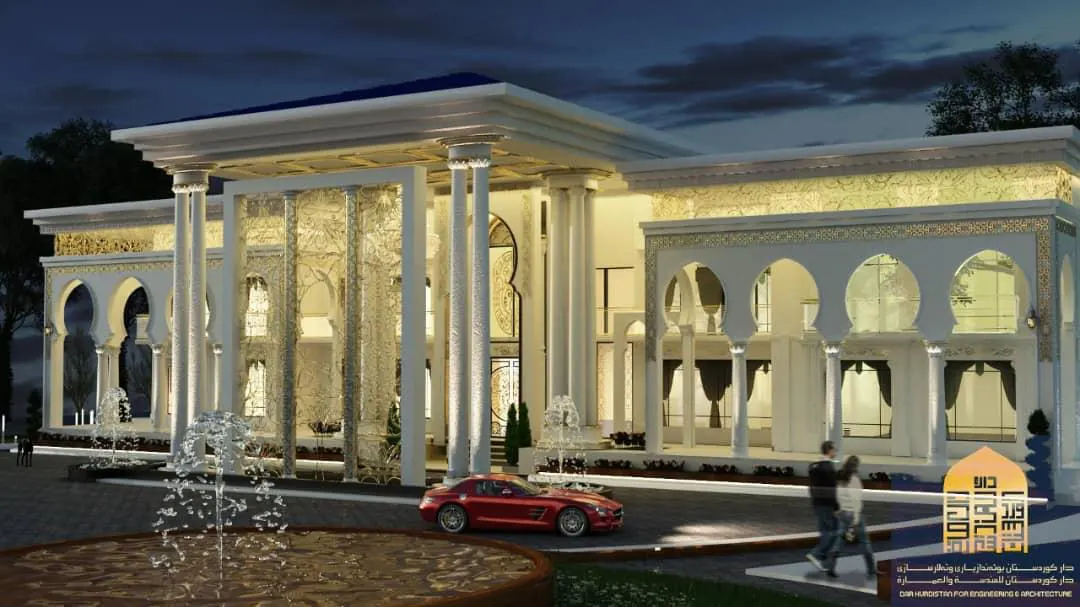In tandem with our valued strategic partnership with YDA Iraq, Hajar Group is extending its footprint into the fertile lands of the Kurdistan region with the development of Sheikh Hajar's Farm Plantation. This ambitious project encompasses a diverse array of components, aiming to harmoniously blend luxury living with expansive agricultural spaces.

300 Square Meters
A spacious and opulent villa, designed to provide a luxurious residence within the heart of the farm. With 300 square meters of living space, it exemplifies the fusion of comfort and elegance.
150 Square Meters Each
Comprising two security villas and one dedicated to services, these smaller villas contribute to the holistic design of the farm. With a size of 150 square meters each, they cater to both security and operational needs.
17 Dunams
The core of the project, the farm spans a total of 17 dunams, with each dunam covering an area of 2500 square meters. This expansive agricultural space provides a canvas for cultivation and agricultural activities
2000 Square Meters
A significant structural element with 2000 square meters of space complements the large-scale plantation to add a distinctive architectural dimension to the project.
This project stands as a testament to our commitment to diversified ventures, where luxurious living converges with sustainable agriculture. While it embodies innovation, it also reflects our dedication to contributing positively to the agricultural landscape of the Kurdistan region.